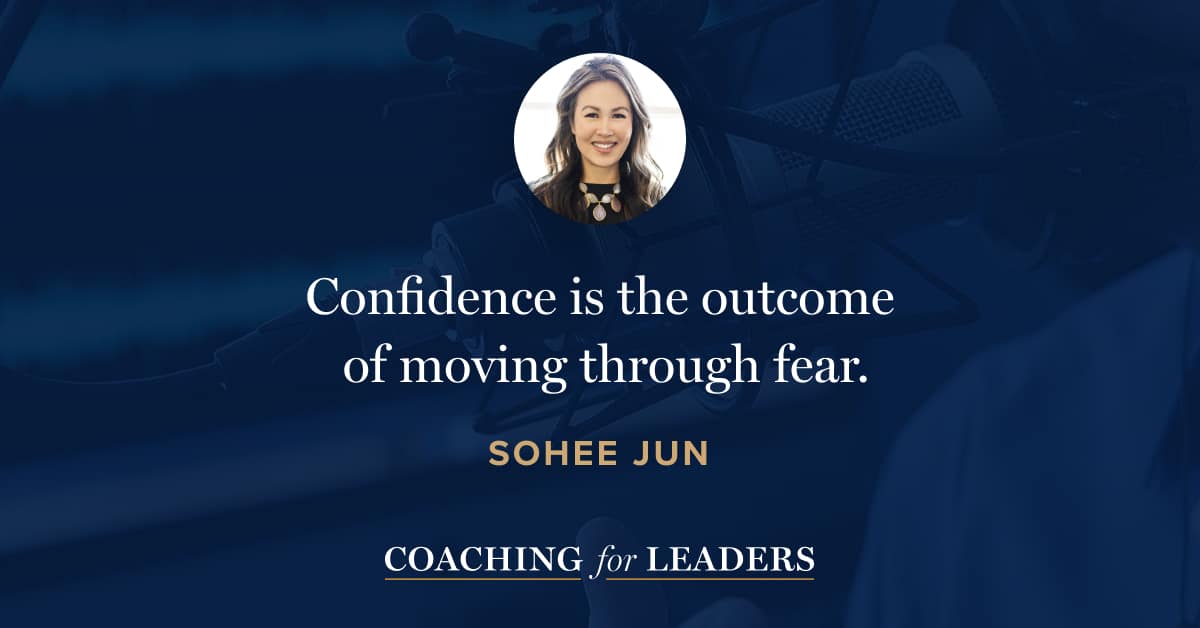Sohee Jun: The Aligned Mindset
Sohee Jun is a leadership coach for female executives, leaders, founders, and entrepreneurs. She is also a TEDx speaker, Forbes Coaches Council member, keynote speaker, leadership development expert, and author. With over twenty years in the corporate world, she has worked with Fortune 500 companies, including those in the entertainment, production, and media sectors such as Netflix, Fox, and Disney.
In 2020, Sohee released her first book, Mommytracked: How to Take Authentic Risks and Find Success on Your Terms, with the goal of helping ambitious women tap into their inner core throughout the different phases of their lives. She's now the author of a second book, The Aligned Mindset: Secrets of High-Achieving Women for Navigating Work and Life*.
In a world where still too few women are represented in senior leadership roles, many of us want to do whatever we can to support high-achieving women. In this conversation, Sohee and I explore what her research and experience indicates that leaders can do to better support women in their careers.
Key Points
- Leaders can support both women and men by framing the larger “why” or North Star. Providing context helps a point of focus to emerge.
- Do it afraid. Provide support to work through fearful situations with success.
- When supporting women in building confidence, help them recognize what they’ve already achieved.
- Normalize the discussion about financial literacy. Opening the door to dialogue around salary negotiation helps equalize the salary gap.
- One question can set the tone for better work and life integration. Leaders can proactively ask about boundaries.
Resources Mentioned
Interview Notes
Download my interview notes in PDF format (free membership required).
Related Episodes
- How to Prioritize, with Christy Wright (episode 545)
- How to Protect Your Confidence, with Nate Zinsser (episode 573)
- The Path Towards Your Next Promotion, with Adam Bryant (episode 653)
Discover More
Activate your free membership for full access to the entire library of interviews since 2011, searchable by topic. To accelerate your learning, uncover more inside Coaching for Leaders Plus.





